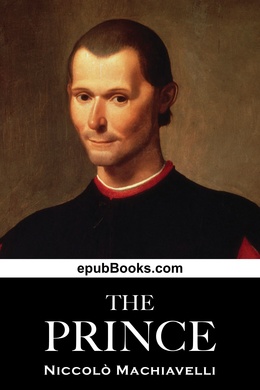
Аннотация
When Lorenzo de’ Medici seized control of the Florentine Republic in 1512, he summarily fired the Secretary to the Second Chancery of the Signoria and set in motion a fundamental change in the way we think about politics. The person who held the aforementioned office with the tongue-twisting title was none other than Niccolò Machiavelli, who, suddenly finding himself out of a job after 14 years of patriotic service, followed the career trajectory of many modern politicians into punditry. Unable to become an on-air political analyst for a television network, he only wrote a book. But what a book The Prince is. Its essential contribution to modern political thought lies in Machiavelli’s assertion of the then revolutionary idea that theological and moral imperatives have no place in the political arena. “It must be understood,” Machiavelli avers, “that a prince … cannot observe all of those virtues for which men are reputed good, because it is often necessary to act against mercy, against faith, against humanity, against frankness, against religion, in order to preserve the state.” With just a little imagination, readers can discern parallels between a 16th-century principality and a 20th-century presidency.
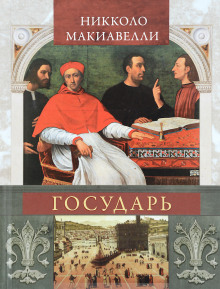

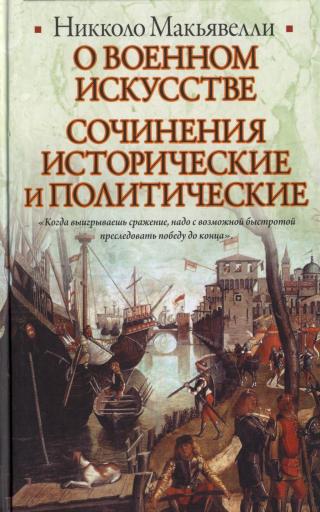
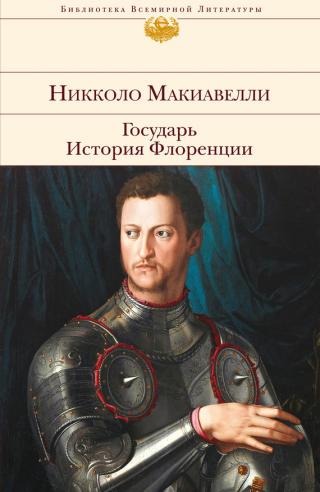

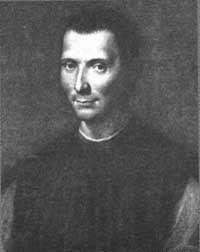

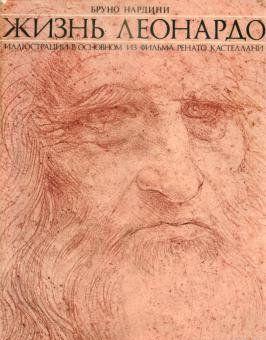


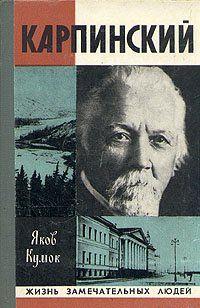
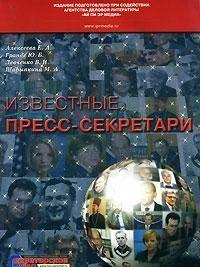
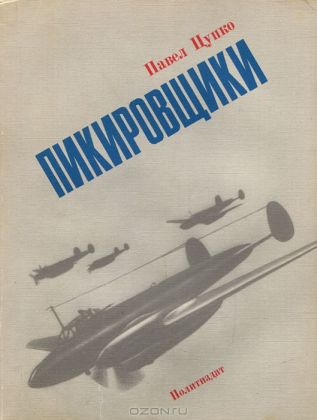
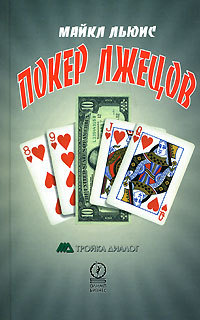

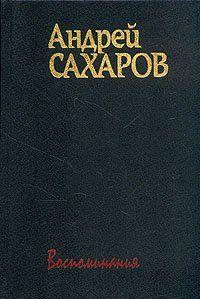
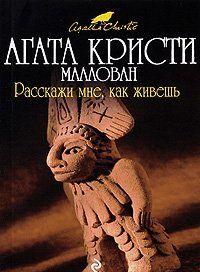
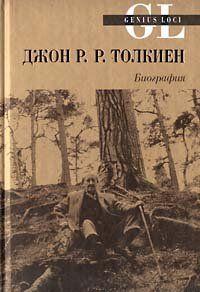
Комментарии к книге "The Prince"